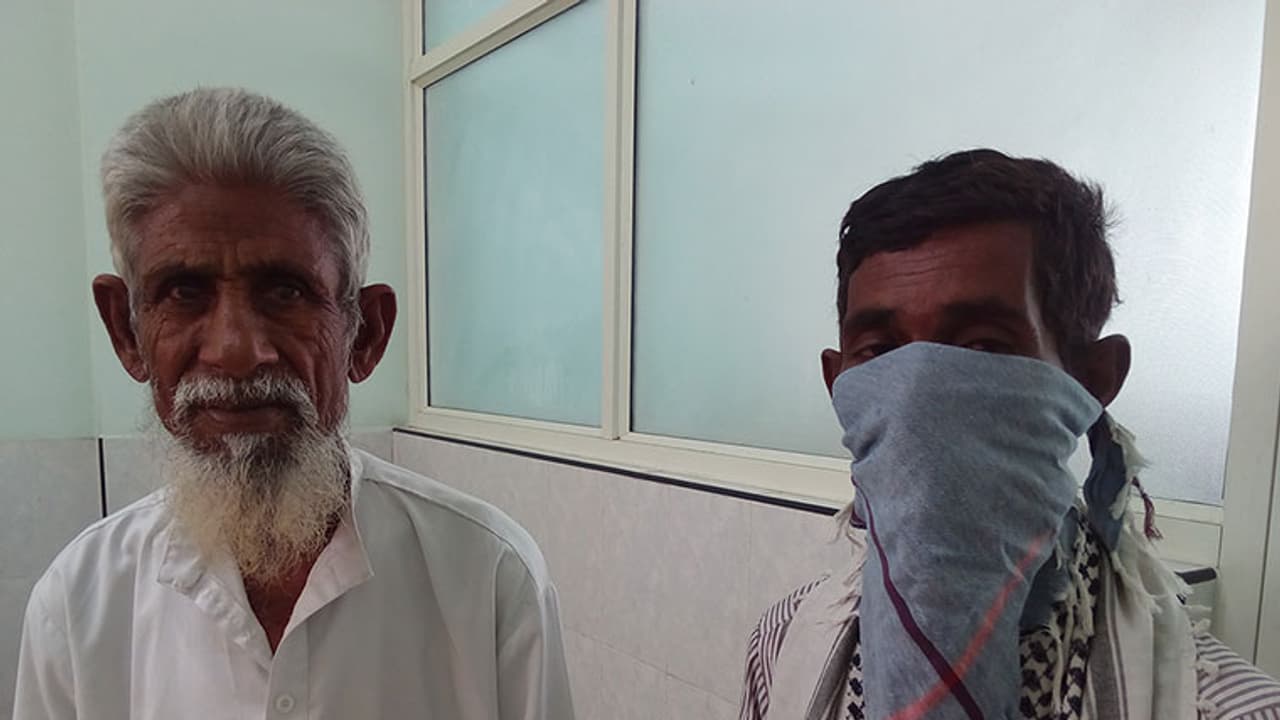With both the Economic Survey of India and the World Health Organisation raising an alarm over the sudden spike in the tobacco use among school children, the KIDWAI Institute of Oncology, a regional cancer care centre in Bengaluru had declared that it will observe everyday as no tobacco day.

According to recent reports, at least 2,500 school children get addicted every day to tobacco either in the form of chewing or smoking. The challenge, however, is diagnosing the disease on time. Often by the time a patient arrives at the hospital, the cancer would have reached stage 4 said Director of KIDWAI, Dr Linge Gowda.
"Recently a girl in mid twenties died of hunger and multi-organ failure as Oral submucous fibrosis resulted in loosing the elasticity in jaws and the jaws were locked, the patient found it painful to open her mouth, as a result she did not eat anything and had become anemic," said Dr Gowda.
KIDWAI, which sees several such cases every day now plans to observe every day as 'No Tobacco Day' with special outreach programmes being organised in schools to spread awareness on oral cancer.
UT Khader Health Minister said Karnataka will take strict measures to ensure that tobacco stores are not run near schools and colleges.
As often is the case, the sinful habit is picked up during childhood and then continues into adulthood. The problem is worse in rural area, primarily due to the lack of awareness.
“Oral Cancer is found mostly in people who smoke beedi, chew gutka, tobacco along with betel leaves. It is a common belief in people in rural areas that they can kill hunger by chewing tobacco or by smoking a beedi. More than 80% of the oral cancer patients that we receive are from rural areas and around 60 percent are in the last stage (4th stage),” Dr, Ranesh, Head of Epidomology, KIDWAI said.
He added that around 25 percent of women in rural areas suffer from oral cancer as they are given betel leaf, slaked lime and areca nut after delivery living under the illusion that slaked lime has calcium. Over a period of time, they also develop a habit of chewing tobacco along with betel leaf, thus leading to oral cancer.
KIDWAI registers around 18,000 new cases every year and out of which 9,500 patients are confirmed of having cancer out of which 3,500 are tobacco related cases. These cases, by and large, are from rural areas and all come in for treatment at the last stage.
Dr Sabitha, Prof and Head of Department, Oral Cancer Care said, “People in rural areas are not able to recognise the symptoms in the initial stages as they are not aware of the symptoms. In the first stage, the gums inside the mouth develop white patches or sometimes red patches and then slowly it bursts and a lump is formed."
"In some cases the lump is inside the mouth and in extreme cases, it expands and spreads on the outer part of the mouth. We cannot operate every person in the last stage as we have to also see the risk-benefit ratio. People approach us only in the last stage as the symptoms are more prominent. It is painful for them.”
Cancer concerns
| Year | 1990 | 2016 |
| New Cases cancer cases | 700 | 2000 |
| No. of treated cases | 175 | 400 |
Figures that matter:
According to the study conducted by Economic Survey of India, by selling tobacco products India makes ₹8,000 crores. However, the money spent to treat diseases related to tobacco is more than ₹ 30,000 crore.
The institution reported 1200 to 1500 oral cancer patients every year. Only 400 to 450 are operated and of this only 200 to 250 patients survive for a minimum of five years.
According to a study conducted by AIIMS, the age of oral cancer patients have gone down from 55 to 35.
